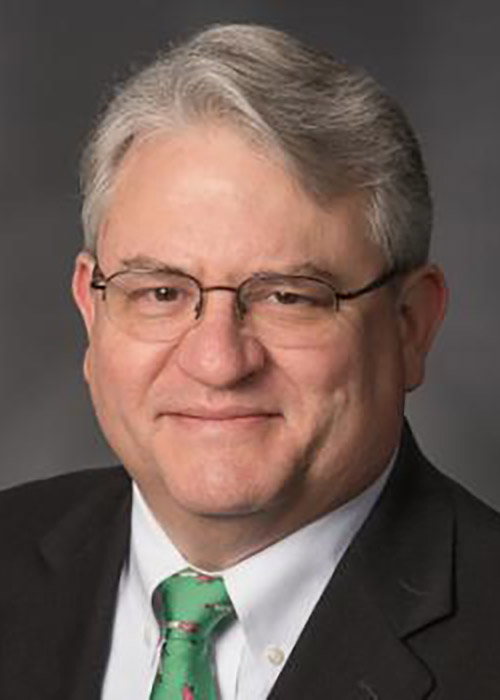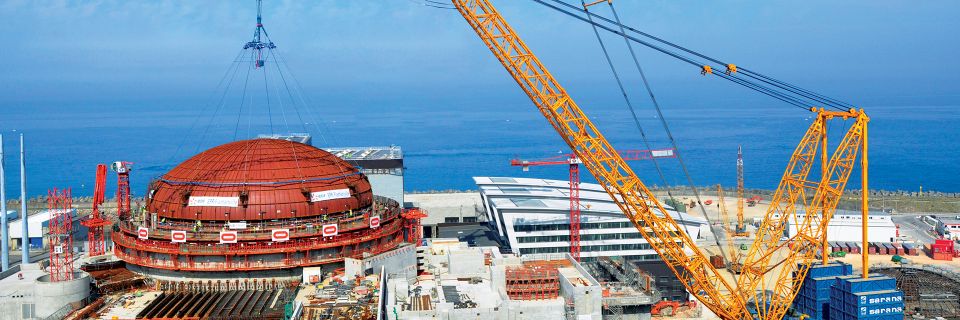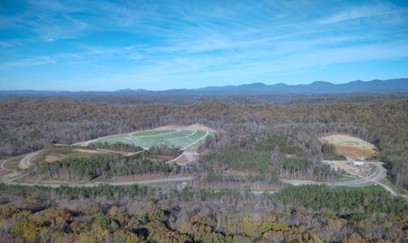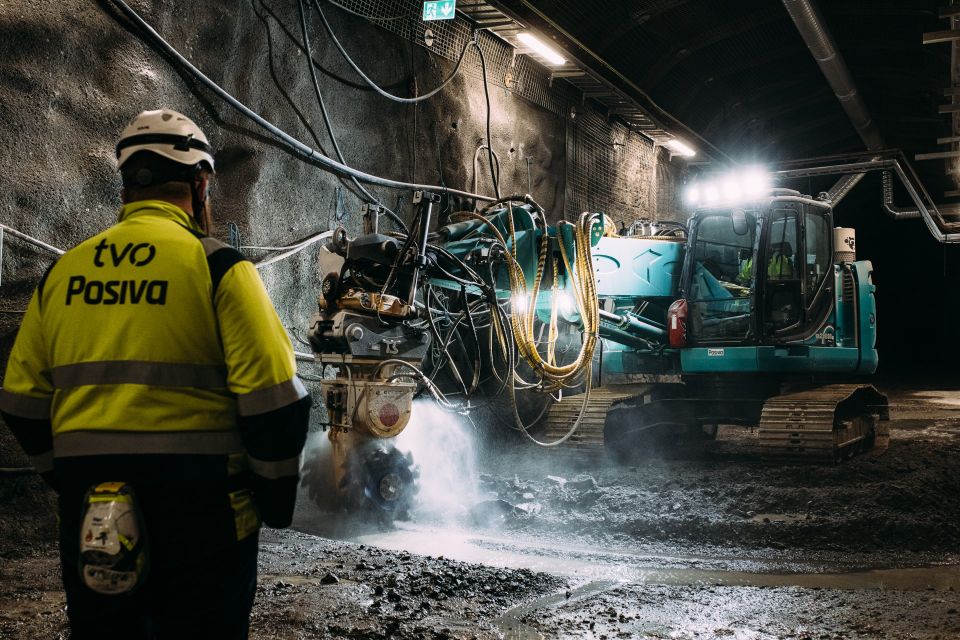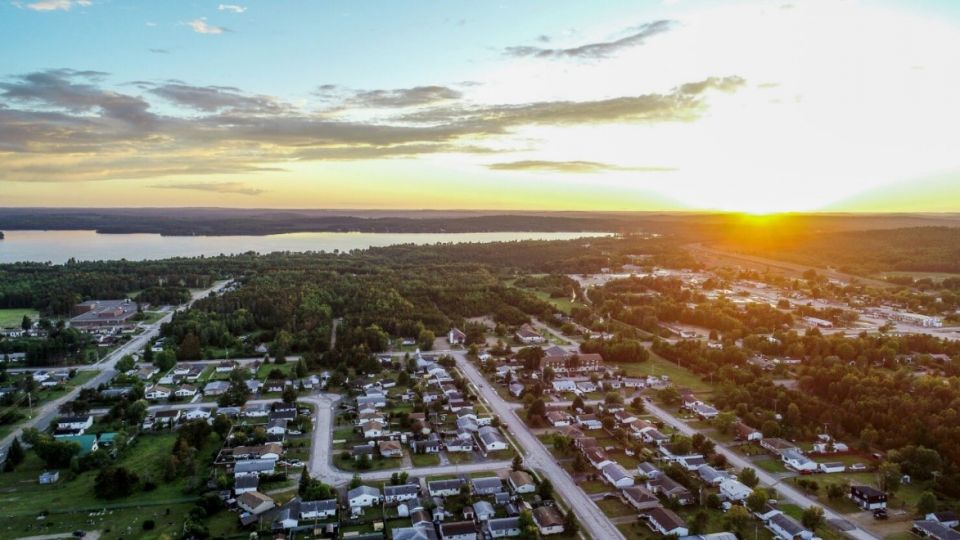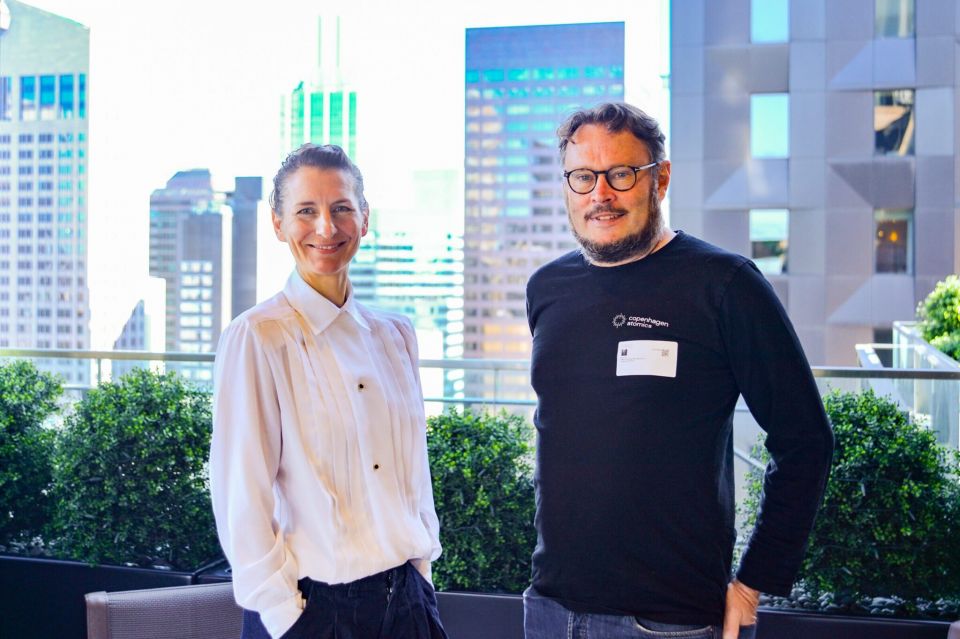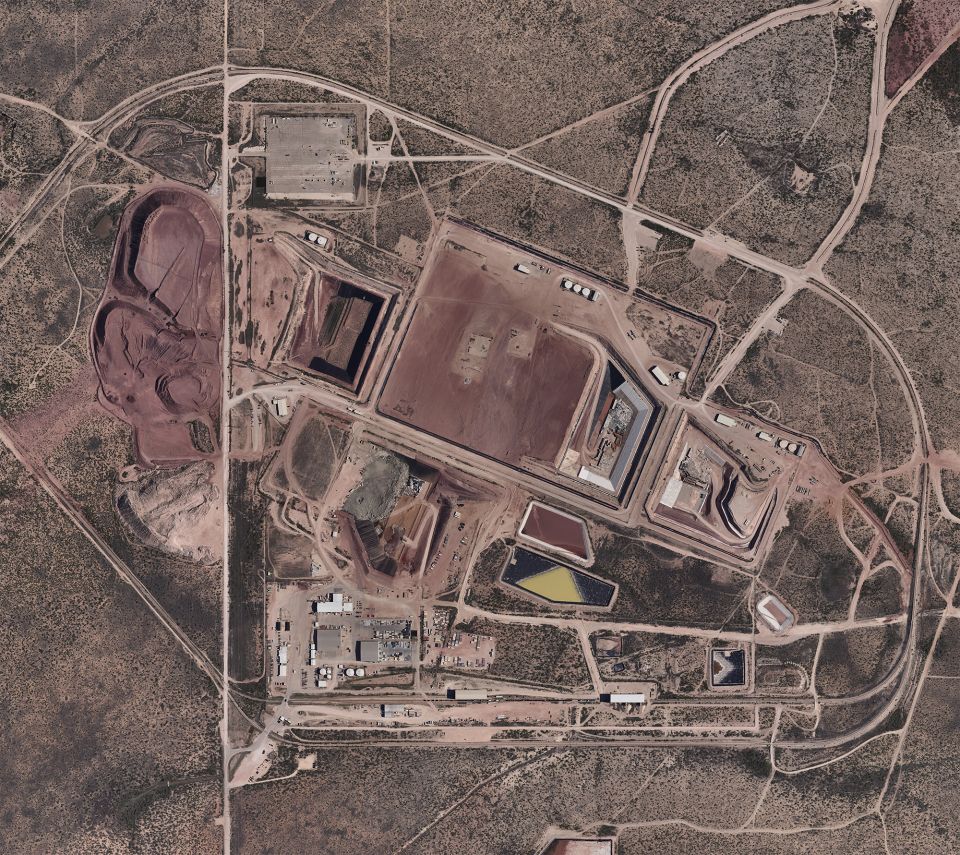It’s already in the water: Dickman explained that the key element remaining in the wastewater is tritium, a naturally occurring radioactive element found in water everywhere on the planet. “It’s in all water and always has been,” he said. “Your body, the water you drink, everything has tritium in it.”
Playing politics: The Chinese and South Korean governments have been vocal opponents of Japan’s plans for the wastewater. Dickman charged that those countries are using the situation for political reasons rather than technical or environmental ones. “Disposing in the ocean is something that happens every day at all the other nuclear power plants,” he said. “And all nuclear power plants emit tritium, including those in China and Korea. To be critical of the discharge of tritium is actually being somewhat hypocritical.”
Quieting the critics: Anti-nuclear environmental groups, such as Greenpeace Japan, have also voiced opposition to the wastewater plan, incorrectly asserting that it could damage human DNA and other organisms if released into the ocean. “That’s just false,” Dickman said in response to the question from Gill. “The fact is that radiation does damage, but it has to be in very high concentrations. There is no place in the world that isn’t radioactive and hasn’t always been. Radiation is part of our natural environment. When you fly on an airplane you actually receive a lot more radiation than if you were standing at a fencepost of the Fukushima reactor site.”
Lessons learned: Dickman also noted that one of the important lessons learned was the Japanese government’s failure to communicate adequately during and after the accident. That failure resonates today in that Japanese citizens don’t know if they can trust their government officials regarding the wastewater disposal plan. “This is a decision that should have been made several years ago, but they delayed for a variety of reasons because of the reputational damage and loss of faith in their institutions by the Japanese people,” Dickman said. “It’s going to take them a long time to recover [that trust].”
Rebuilding agriculture: The Fukushima region is well known for its agriculture, which has rebounded well in most cases since the accident. Dickman pointed out, however, that the fisheries have been slow to recover, citing as the reason the same reputational damage he mentioned earlier. “The reality is the seafood from that area is perfectly safe,” he said. “The Japanese government has actually done a very good job in terms of their food safety and testing. But it takes time for people to rebuild their faith in this process.”
